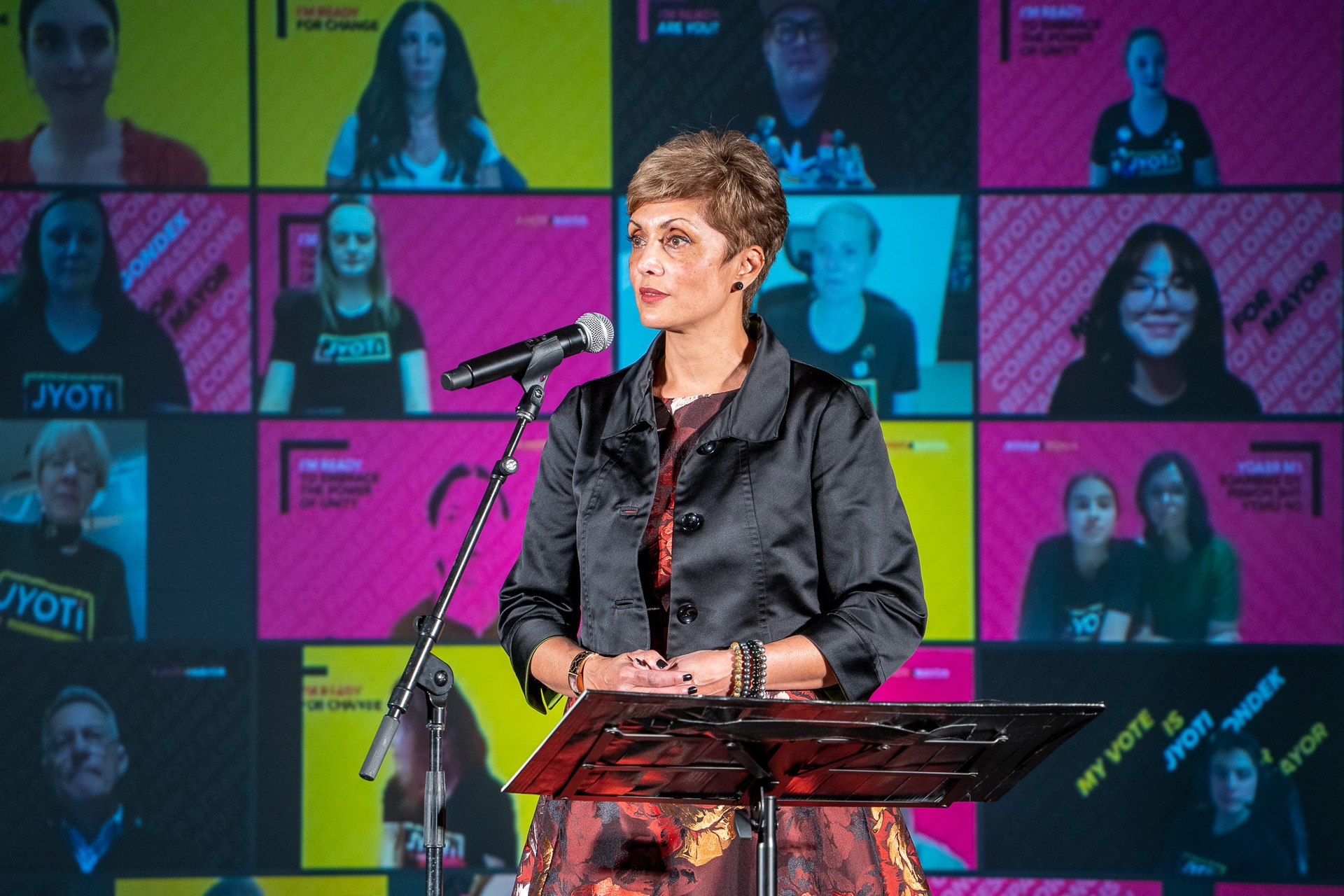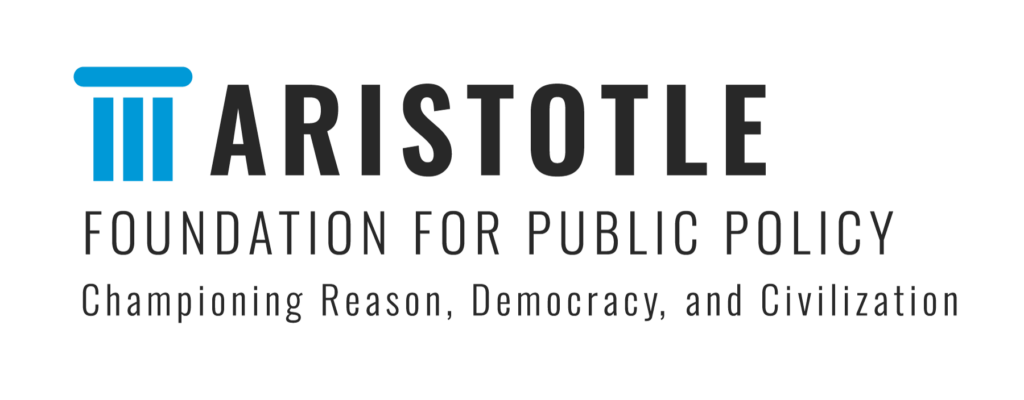
Mark Milke, Calgary Herald, September 12, 2024
It’s not the fault of Calgary Mayor Jyoti Gondek that a 50-year-old water main broke in June. Nor is it her fault that proactive repairs to pipes that deliver water to 1.5 million Calgarians are now underway, again necessitating water conservation measures.
That’s critical to ensure remaining water treatment facilities are not overworked and fail, and to avoid underground reservoir depletion and boil water advisories, or worse. Such developments would cause a water crisis of the sort unknown to modern-day citizens in a first-world country.
But it’s also obvious given the continuing high use of water (as high as 509 million litres daily recently) relative to what the City wants Calgarians to use as a maximum (485 million litres) that a portion of Calgarians don’t believe the city has a crisis.
Some, if comments on social media are any indication, even think there’s a conspiracy by politicians and civil servants to trick citizens. Others simply don’t like the mayor and some councillors, be it their ideas or policies. They thus ignore calls by Gondek to decrease their own water use to signal their discontent.
That’s unhelpful. Reality exists — pipes break, systems can fail, and water can be scarce — regardless of who is in power. To ignore reality is to court disaster.
While Calgary’s water crisis is not the mayor’s fault, Gondek is at fault for eroding public trust early on in her tenure. It now hampers her ability to persuade. Gondek is thus a good example of why political capital is a precious commodity and ought not to be squandered, sort of like water, and those wrongly refusing to conserve it now.
Some perspective on why people fail or succeed in persuading the public is helpful and from an ancient source, the fourth-century (B.C.) Greek philosopher, Aristotle (and for whom we named our think tank).
In The Art of Rhetoric, the Athenian empiricist observed that to persuade an audience, three factors matter: First, reason or logic, i.e., the strength of the argument made by a speaker; second, their character; and third, how the audience feels about the person trying to persuade them. Your best chance of persuading people is when you’re strong on all three factors.
Let’s start with the last item first, the disposition of the public to a would-be persuader. Gondek won the mayor’s chair with 176,344 votes (45 per cent of the total cast) compared with 214,039 votes for other candidates (or 55 per cent). A plurality of Calgarians wanted someone else in the mayor’s chair. The mayor already faced an uphill battle on any issue when a plurality of the public voted for someone else.
As for character, the day after winning the mayor’s chair in November 2021, Gondek announced that she believed we were in a ‘climate emergency,’ which would necessitate all sorts of radical policies that would cost $87 billion. Forget whether Gondek was accurate or not. That she only mentioned that costly belief after winning the election showed she was disingenuous.
Coming into the current water crisis then, and in hoping to persuade people, the mayor was already at a disadvantage: A majority of Calgarians were not favourably disposed to her and she unnecessarily wasted precious political capital.
Gondek is now relying on only one tool of persuasion, reason, when she asks Calgarians to conserve. But reason is often not enough. People also have to like and trust the person making the case and many don’t.
I’m not arguing that Gondek or previous mayors and councils took infrastructure seriously enough but that’s another analysis.
Nonetheless, Calgarians should conserve water now because it’s critical and necessary. The mayor is right about that but the disposition of Calgarians and Gondek’s lack of credibility meant she was always going to be the wrong messenger in a crisis.
Mark Milke is the president of the Aristotle Foundation for Public Policy, a new think tank championing reason, democracy, and civilization.
Like our work? Think more Canadians should see the facts? Please consider making a donation to the Aristotle Foundation.

The logo and text are signs that each alone and in combination are being used as unregistered trademarks owned by the Aristotle Foundation. All rights reserved.
The Aristotle Foundation for Public Policy is a registered Canadian charity. Our charitable number is: 78832 1107 RR0001.
SUBSCRIBE TO OUR NEWSLETTER